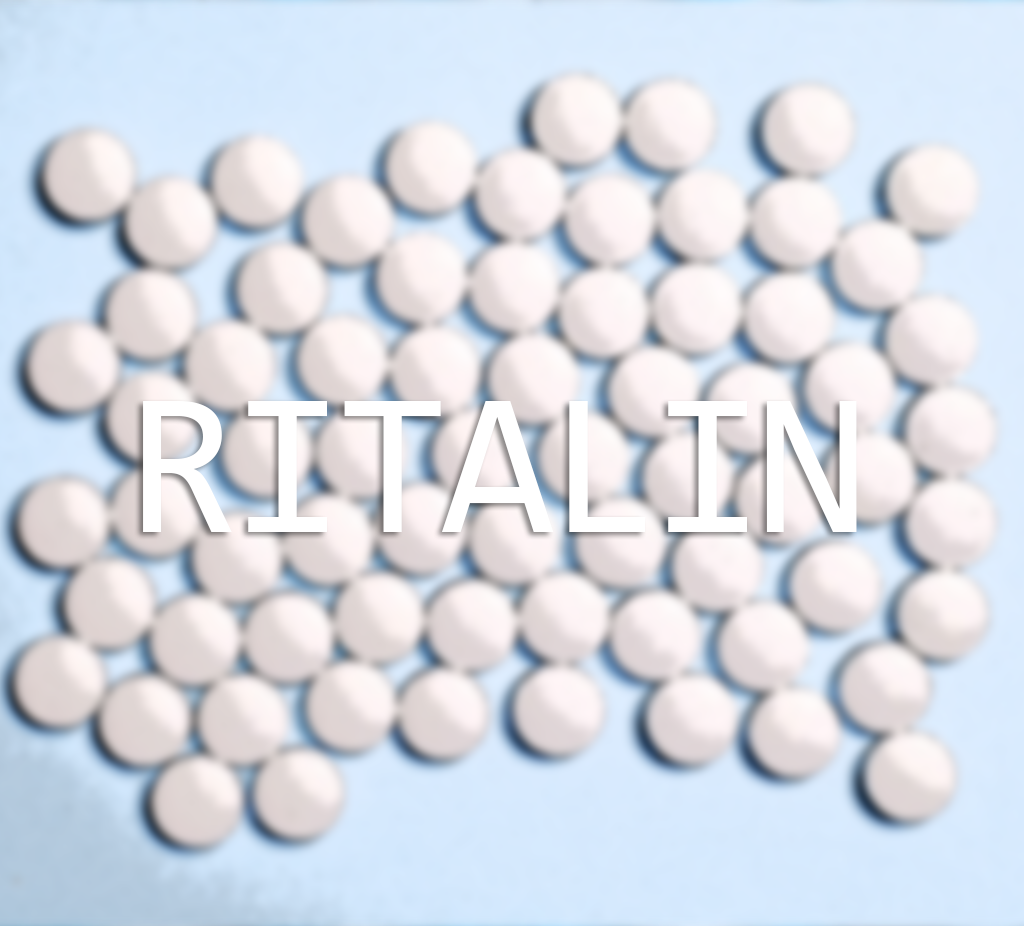
Ritalin: Uses, Side Effects, Withdrawal Symptoms, and More

Millions of children and teens are diagnosed with Attention Deficit Hyperactivity Disorder (ADHD) every year. There are a number of medications that are used to treat this disorder, and while they are generally safe, every medication has side effects, the potential for misuse, addiction, and ultimately withdrawal. One of the most widely prescribed drugs to treat ADHD is the drug Ritalin or its generic name methylphenidate hydrochloride. This drug is one of the most widely prescribed drugs in America for kids and teens, so it’s important to know the facts about this drug when giving it to your children.
Elite home detox is dedicated to giving our clients the information they need to protect themselves from drug misuse and to know how to get help when the time comes and someone needs a detox. This post will discuss the drug Ritalin, its use, side effects, withdrawal symptoms, the withdrawal timeline, and how in home detox can help with Ritalin addiction.
The way works is that the brain has trouble properly waking up and doesn’t respond correctly to stimuli; specifically, the reward and gratification section of the brain doesn’t react the way it should. This means the brain is constantly looking for more stimuli to react to; it is thrill-seeking in a sense. This gives the appearance that a person cannot pay attention and is “hyperactive.”
This is due to a lack of dopamine in the brain, essentially the reward hormone. The drug Ritalin stimulates the brain to produce dopamine, which helps a person with ADHD be able to focus and concentrate.

While this seems counterintuitive to give a person with a hyperactivity disorder a stimulant, the stimulant actually balances out the brain in these types of cases.
Side effects and addictive potential
Excessive use of drugs like Ritalin can cause what is known as psychoactive effects. These effects can trigger a euphoric state or a sense of “high” that those with ADHD may enjoy. This leads to misuse of the drug, which ultimately leads to chemical dependence and addiction.

Another cause of misuse of drugs like Ritalin is the fact that when taken by a person without ADHD, the drug does not have the calming and focusing effect but instead acts like a traditional stimulant. It suppresses the appetite, gives energy, and causes one to be able to go for long periods without sleep.
As with any drug that interacts with the brain, Ritalin has a high potential to become addictive. As a drug like Ritalin works, it chemically changes the brain and the body to need its effects to function normally.
This is what is known as chemical dependence. Chemical dependence slowly increases the need for a drug until the person is completely addicted.
Withdrawal symptoms and timeline
Any drug that has the potential to become addictive may also cause withdrawal. In the case of Ritalin, as a stimulant that works on the brain, the majority of the early onset withdrawal symptoms are emotional or psychological.
People going through Ritalin withdrawal may experience:
- anxiety
- depression
- apathy
- irritability
- fatigue
- general lack of energy
If a person with ADHD is going through withdrawal, they may also experience heightened symptoms such as inability to focus and hypersomnia.
Other symptoms can include mood swings, dizziness, and changes in heart rate and respiration.
In terms of timeline, the exact amount of time it takes to withdraw from Ritalin can vary based on how long the person was taking the drug and their dosage. Withdrawal symptoms can start showing up as soon as 24 to 48 hours after stopping use and typically last for a few days. However, it is possible for withdrawal to linger for weeks without proper assistance, and symptoms may be more severe for those with a longer usage history.
Withdrawal may take longer depending on how long it takes the body and brain to readjust to the lack of the drug in the body. It is never a good idea to quit abruptly as this can lead to worse symptoms and more possibilities for complications.
Let Elite Home Detox help with your Ritalin addiction
If you or a loved one is addicted to Ritalin, the safest way to get clean is by going through medically supervised detox.
When going to a rehab clinic isn’t the right choice, that’s where Elite Home Detox is the answer. We bring medically trained professionals to you and assist you through the detox process.
EHD Can Help You Through The Withdrawal Process
Elite Home Detox is here for you if you need help withdrawing from Ritalin or any other addictive drug. We can provide you with the one-on-one care you need while going through detoxification and withdrawal symptoms caused by addiction. And best of all, we come to you! You can make a full and lasting recovery in the comfort of your home with the help of our expert medical team. Contact us today to learn more.


